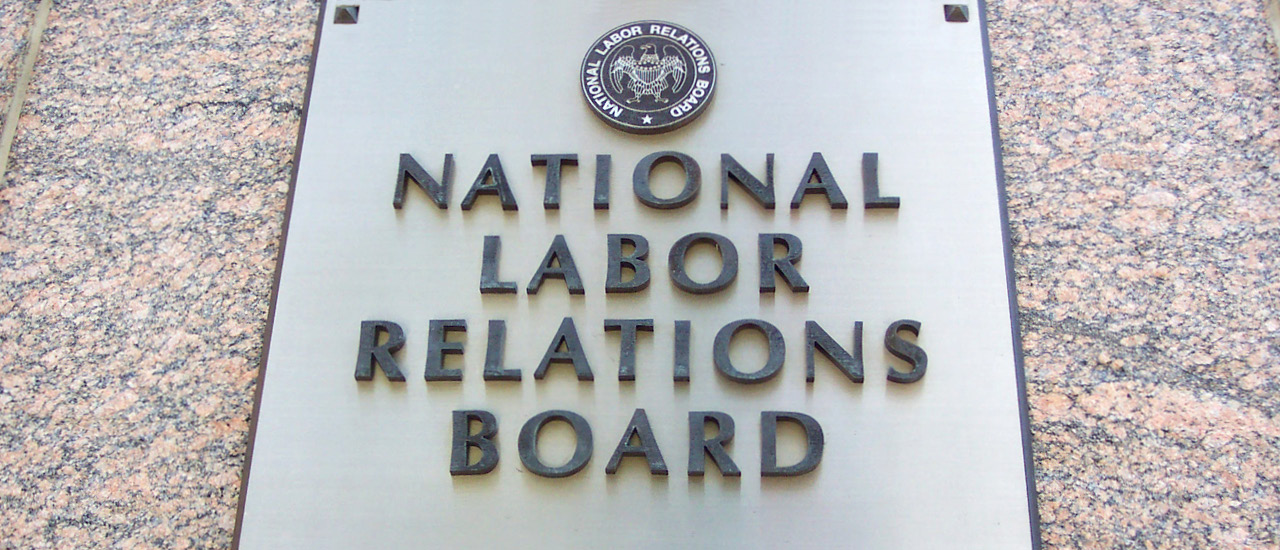NLRB Sues California to Enjoin Enforcement of New Law

The following article was first published on Shipman & Goodwin’s Employment Law Letter. It is reposted here with permission.
A new California law is the latest litigation target of the National Labor Relations Board.
Signed into law in September, Assembly Bill 288 amended California labor law to allow the state’s labor board to certify unions and resolve labor disputes in the private sector when the NLRB “expressly or impliedly ceded jurisdiction.”
When, exactly, does the NLRB cede jurisdiction (expressly or impliedly) under the new law? Under a number of conditions, including when the NLRB cannot render a decision due to a lack of quorum, when a case sits for over six months, or the NLRB fails to certify a union within six months.
The NLRB will also cede its jurisdiction if the Supreme Court finds that its members are “unconstitutionally protected from removal.”
In its preamble, the Assembly Bill 288 makes clear that the aim of the bill is to create a state remedy for the NLRB’s “inefficacy” at “protecting and enforcing workers’ rights.”
Follows New York
California’s law joins Section 715 of the New York State Labor Relations Act, which now requires the NLRB to seek a court order any time it wants to assert jurisdiction.
Expectedly, the NLRB has filed a lawsuit to enjoin the enforcement of Assembly Bill 288, just as it did Section 715 of the New York State Labor Relations Act.
The NLRB typically has jurisdiction in private sector labor disputes.
The National Labor Relations Act governs private sector labor relations in the U.S.
If there is a labor dispute between a private sector employer and an employee, then the NLRB typically has jurisdiction.
The NLRB asserts that Assembly Bill 288 is preempted by the NLRA under the Supremacy Clause of the U.S. Constitution because the law allegedly seeks “to regulate areas explicitly reserved for federal oversight, creating a parallel regulatory framework that conflicts with the NLRA.”
Connecticut, Massachusetts
Massachusetts has a similar bill that would empower state boards to adjudicate private sector labor relations.
You may be asking—what about Connecticut?
While Connecticut has a private sector labor relations act, it does not seek to supplant the NLRB.
While Connecticut has a private sector labor relations act (the State Labor Relations Act), it does not seek to supplant the NLRB and only applies to private sector employees if the NLRB “has declined to assert jurisdiction.”
Changes to Connecticut’s State Labor Relations Act are not anticipated.
But we will be monitoring the NLRB’s challenge to both the New York and California laws.
About the authors: Jarad Lucan chairs Shipman’s Employment and Labor Practice Group, where he practices on behalf of both public and private sector clients. Sarah Niemiroski is a member of the firm’s Employment and Labor practice group, assisting public and private sector clients in a variety of matters.
RELATED
EXPLORE BY CATEGORY
Stay Connected with CBIA News Digests
The latest news and information delivered directly to your inbox.



